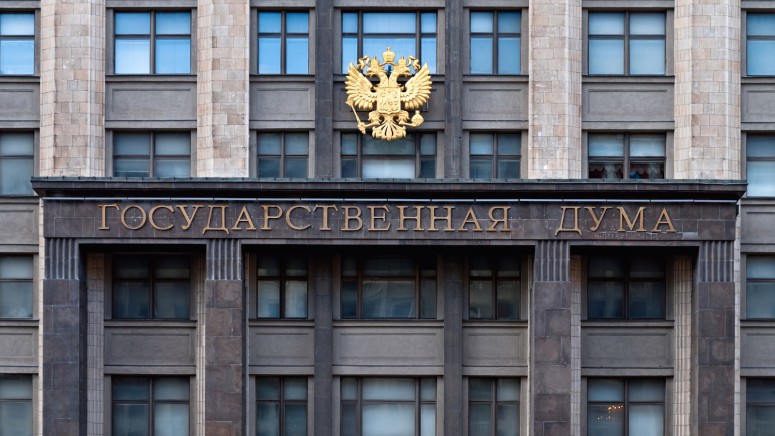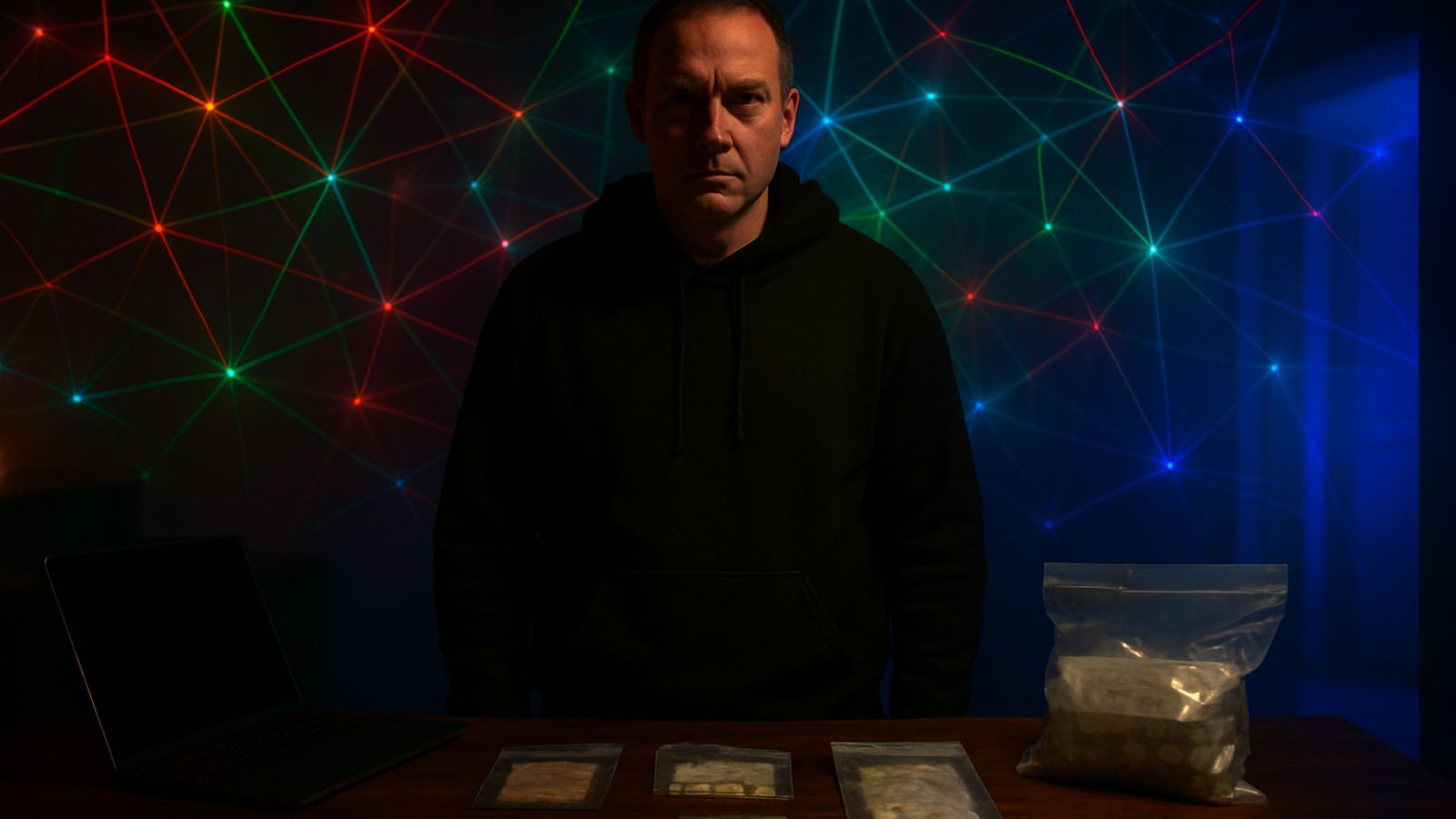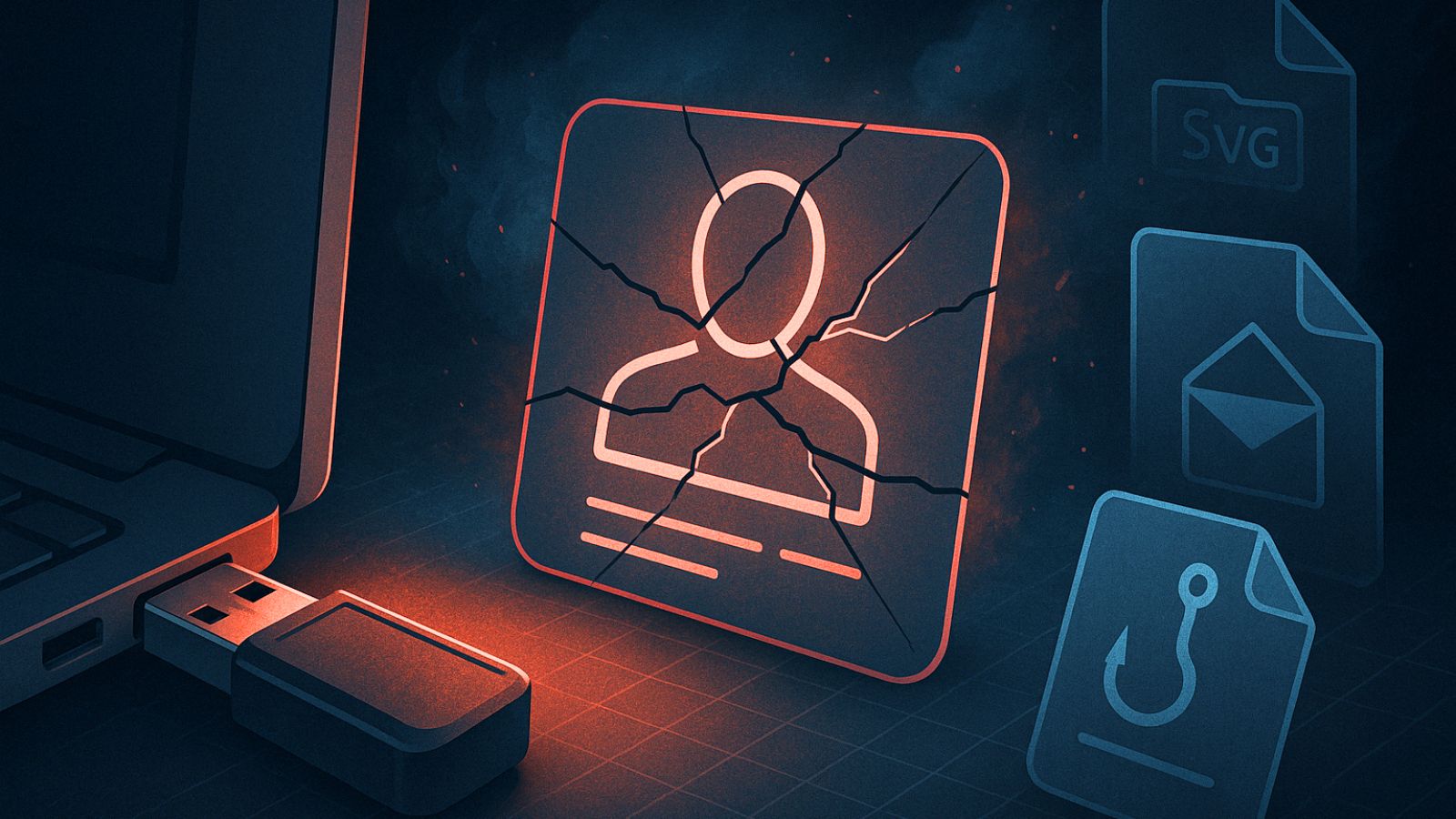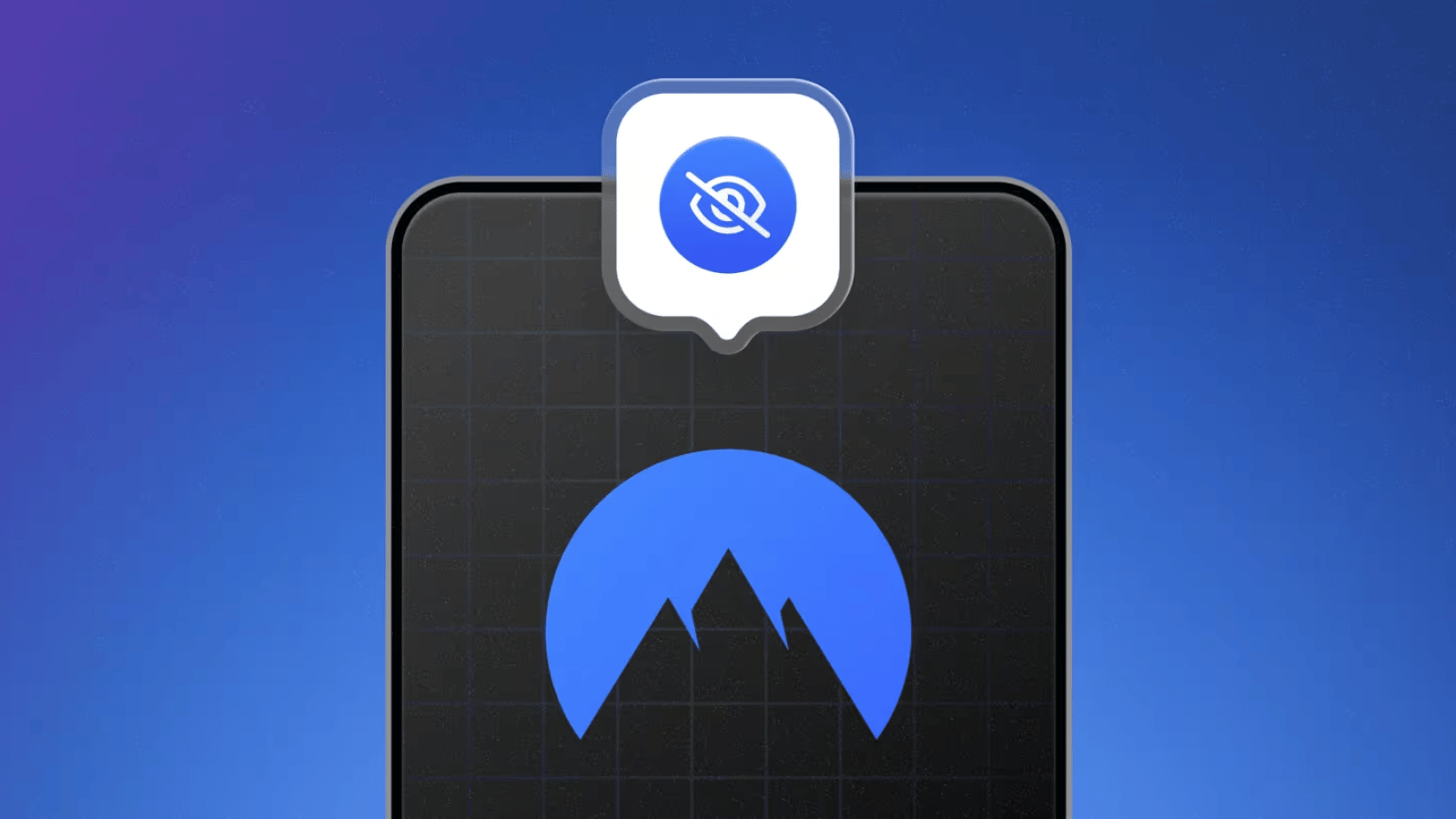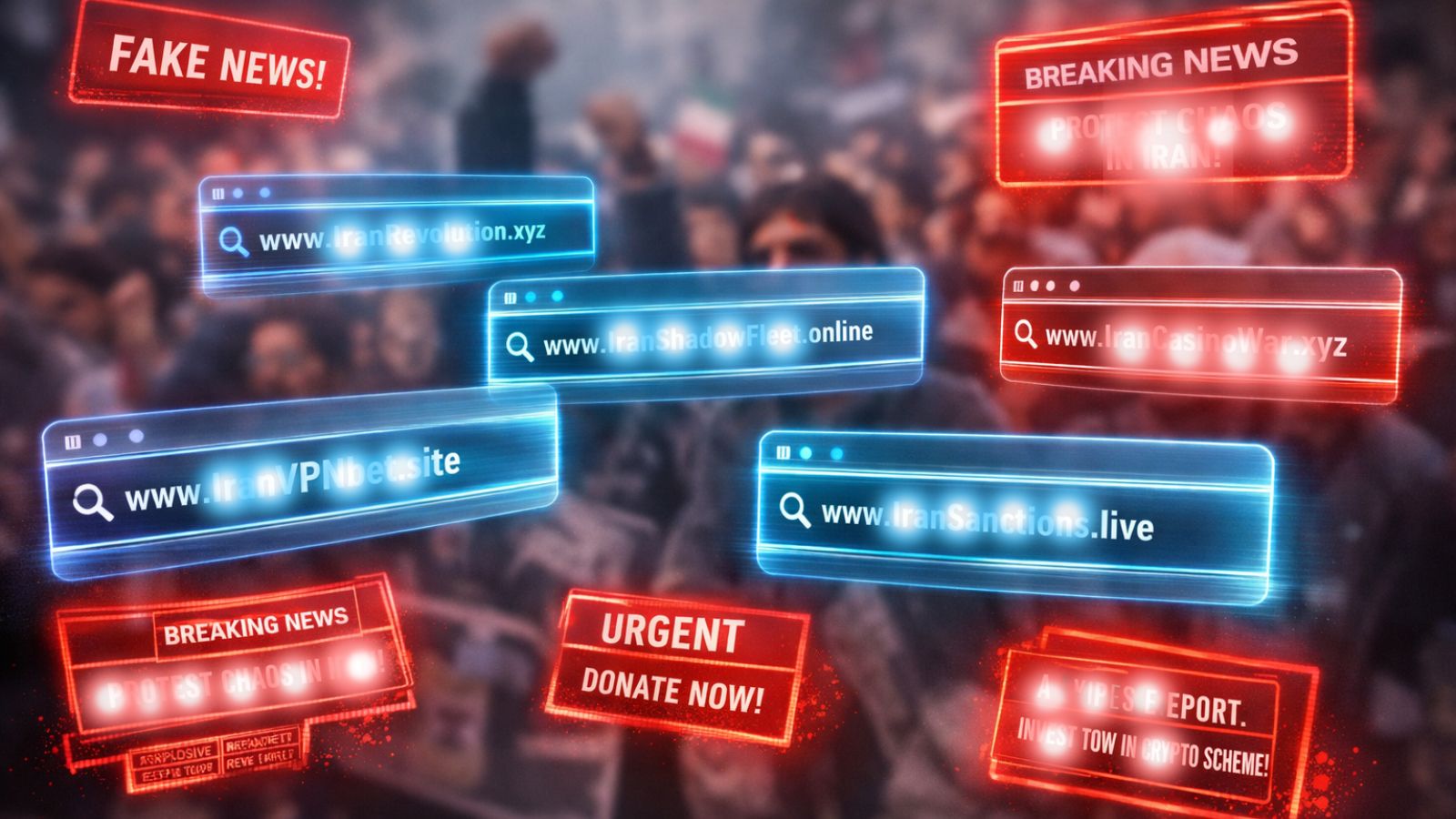
New Law in Russia Threatens Pirate Mobile Apps and App Stores
- Several amendments on an existing anti-piracy law in Russia give more power to copyright holders.
- The apps will be marked for removal by the app stores, and if nothing happens, ISPs will block the URLs.
- The new law will tackle copyright infringement problems, but there’s a worrying potential for abusive utilization too.
The State Duma Committee, which is a special governing and lawmaking body in Russia, has just approved amendments on the Federal Law on “Information Technologies and the Protection of Information.” The proposed changes concern clarifications in the procedure for restricting access to information that is distributed in violation of the law. To put it more simply, copyright holders will now be enabled to target apps and app stores that offer pirated content in breach of their copyrights. If the apps’ developers fail to take action within a reasonable time-frame, the copyright holder could then turn to Google Play and Apple Store, asking the immediate removal of the tools.
If that doesn’t happen for any reason, the copyright holder would then have the right to ask Russian ISPs (internet service providers) to block access to the infringing URLs, including those that point to the App Store and the Play Store listings. According to the most recent amendments, the ISPs will be given 72 hours to comply with the blocking order, while Roscomnadzor will be involved in the whole process as an overseer. The app store that hosts the infringing content will be notified by the Russian internet and communications watchdog and will be given 24 hours to remove the reported apps.
The previous version of the now empowered law was limited to informing and blocking the app developer’s portal. Thus, users could simply visit the app store of their platform and fetch the app (and any available updates) from there. This clearly didn’t work very effectively against copyright infringement cases, so the amendments are here to significantly extend the law’s reach. Now, the law is expected to be signed by President Vladimir Putin, and it will come into force on October 1, 2020.
There are many cases of intellectual property rights violations found in app stores. These include software that impersonates other brands or uses trademarks without a license, tools that connect users to illicit streaming platforms, or some that work like “Popcorn Time.” Both Android and iOS have clear guidelines on IP protection and copyright infringement, and there are reporting systems in place to tackle the problem. In the case of the new Russian law, it will be interesting to see what happens with apps that are not intrinsically illegal, like torrent apps and tools that connect the user with peer-to-peer networks. Hopefully, we won’t see the law being abused for over-blocking or the promotion of Russia-made alternatives.
